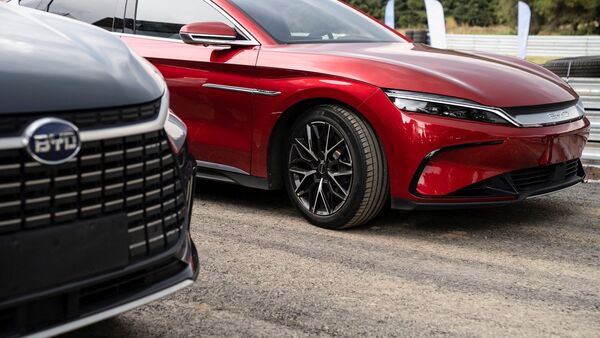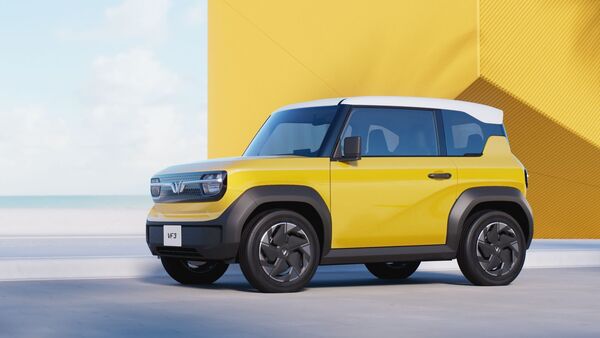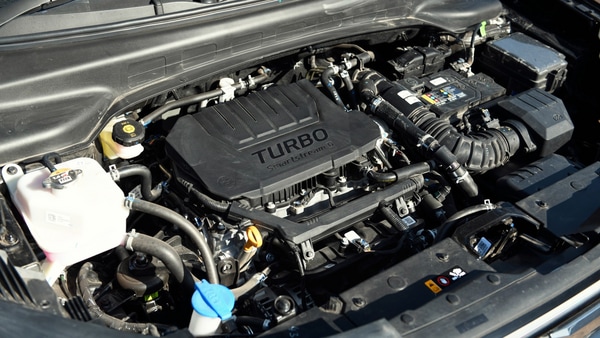
Chinese govt persists in EV subsidies amid supply gap. Here’s why
13 days ago | 27 Views
Similar to other industries, the automotive sector operates based on the fundamental principle of supply and demand. This enables companies to effectively allocate resources, thereby minimising losses. However, China's automotive sector stands at a crossroads, grappling with overcapacity issues while eyeing expansion into global markets. With production capacity exceeding consumer demand, the industry faces significant challenges and opportunities in equal measure.
Despite having the capability to manufacture approximately 40 million vehicles annually, Chinese consumers purchase only around 22 million cars each year. This disparity underscores the overcapacity dilemma plaguing the nation's automakers. Yet, the Chinese government remains steadfast in its support for industry growth, presenting a conundrum for both established players and those pioneering new technologies.
The prevalence of production lines geared towards traditional internal combustion vehicles exacerbates the overcapacity problem. As consumer preferences shift towards new-energy vehicles like electric vehicles (EVs) and plug-in hybrid electric vehicles (PHEVs), manufacturers find themselves at a crossroads. While these new age vehicles hold promise for absorbing excess capacity, broader economic uncertainties dampen their potential impact.
Despite challenges, the EV market in China is booming, with 123 brands offering at least one electric model. This surge in offerings has led to a fierce price war as manufacturers vie for consumer attention in a crowded market. Furthermore, Chinese automakers are aggressively exploring new export markets, with auto exports to Russia quintupling between 2020 and 2023.
The global expansion ambitions of Chinese automakers, particularly in the EV segment, have raised eyebrows among Western competitors and governments. Concerns over market saturation, unfair competition, and the impact on domestic manufacturing have prompted discussions around tariffs and trade measures. The U.S. is contemplating tariff expansions to safeguard its auto industry, while the European Union scrutinises China's EV subsidies.
The question arises: Why is China subsidising an industry grappling with overcapacity? The answer lies in the government's strategic objectives to bolster domestic automakers on the global stage, stimulate economic growth, and safeguard employment. Despite facing profitability challenges, government support enables automakers to maintain production levels, with only a handful of companies achieving the elusive 400,000 vehicle sales threshold necessary for profitability.
While some Chinese officials advocate for industry consolidation to address overcapacity, the prevailing expansionist mindset prevails for now. The government's unwavering support underscores its commitment to positioning China as a dominant player in the global automotive landscape, navigating challenges and opportunities on the path to success.
Read Also: bharat ncap teases safety rating of new cars. new maruti suzuki swift in list?

















